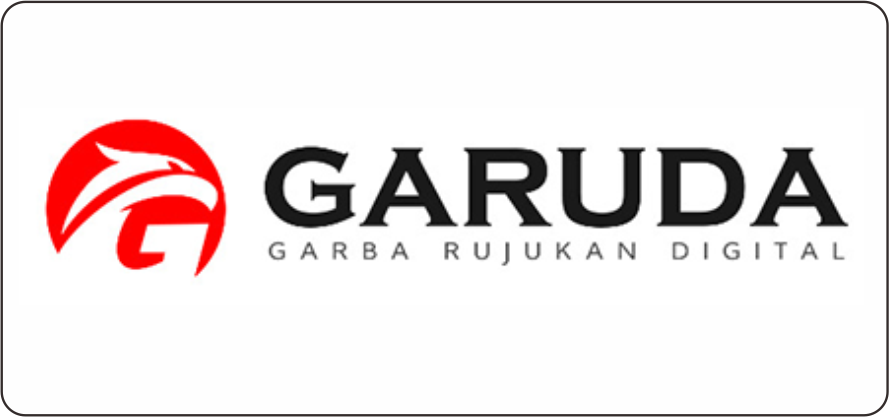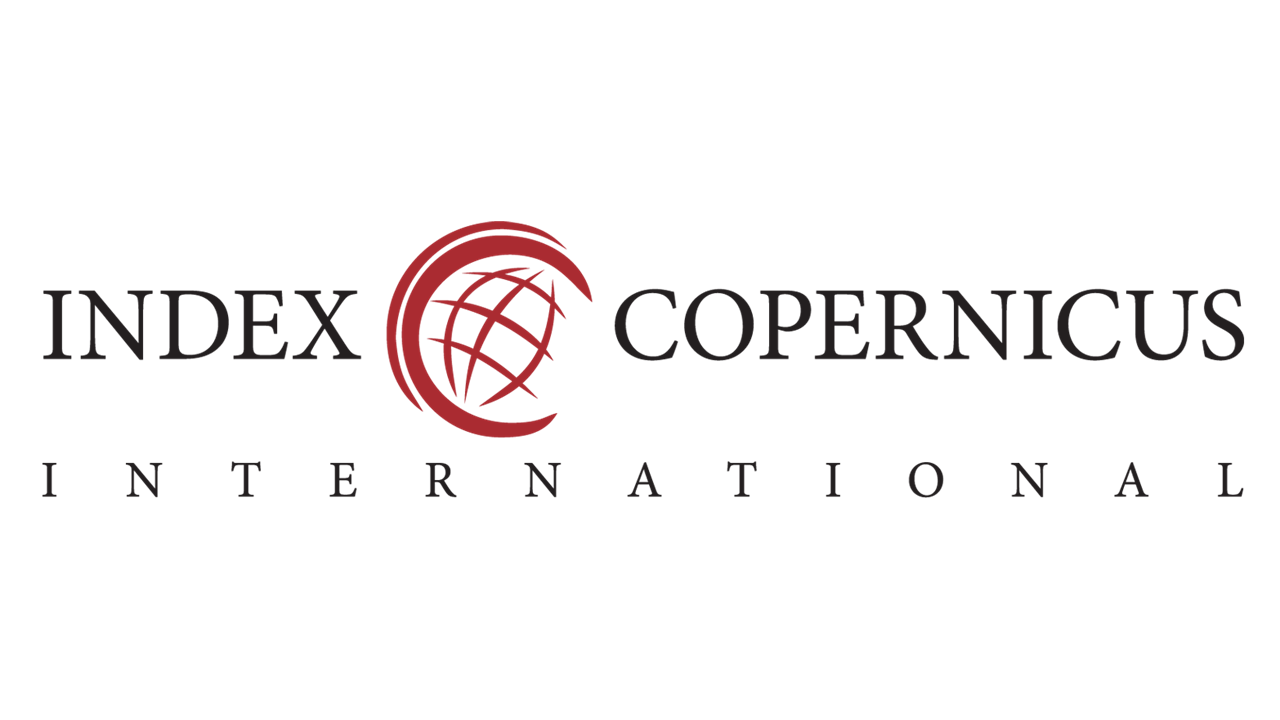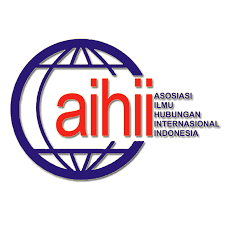Model Pembelajaran Kooperatif Dalam Rangka Pengembangan Mata Kuliah Konsentrasi Di Prodi Ilmu Hubungan Internasional
DOI:
https://doi.org/10.31315/jsdk.v7i2.1792Abstract
This research will map out the problems faced by the Department of International Relations in the application of concentration courses namely Diplomacy Negotiation and also Defence and Security, while offering models cooperative model for developing of student’s competence. Based on the results of a questionnaire distributed among students in 2012 showed that the concentration courses of diplomacy negotiation and defense & security studies were not interesting for students to learn as they were boring and saturate. This condition is considered derived from learning model that has not involving students actively in the lecturing process, whereas the course of concentration is very important to support the competence of students after graduation. This research will mapping out the problems in the course of concentration course through FGD (Focus Group Discussion) and analyze of Design of Learning (Rancangan Sistem Pembelajaran). This study will also try out a model of learning through cooperative models as a solution to increase the active participation of students in the class. Cooperative learning method uses game system, in which there is also a space for learners to participate in determining the course of the game. Students take responsibility to organize learning process. The method used in this research is a classroom action research methods. Parameters used to determine the method of learning is through testing students' perceptions in cooperative learning methods in the classroom.
Downloads
Published
Issue
Section
License
1. Copyright of this journal is possession of Editorial Board and Journal Manager, by the knowledge of the author, whilst the moral right of the publication belongs to the author.
2. The legal formal aspect of journal publication accessibility refers to Creative Commons Atribusi-Non Commercial-No Derivative (CC BY-NC-SA), implies that publication can be used for non-commercial purposes in its original form.
3. Every publication (printed/electronic) are open access for educational purposes, research, and library. Other than the aims mentioned above, editorial board is not responsible for copyright violation











